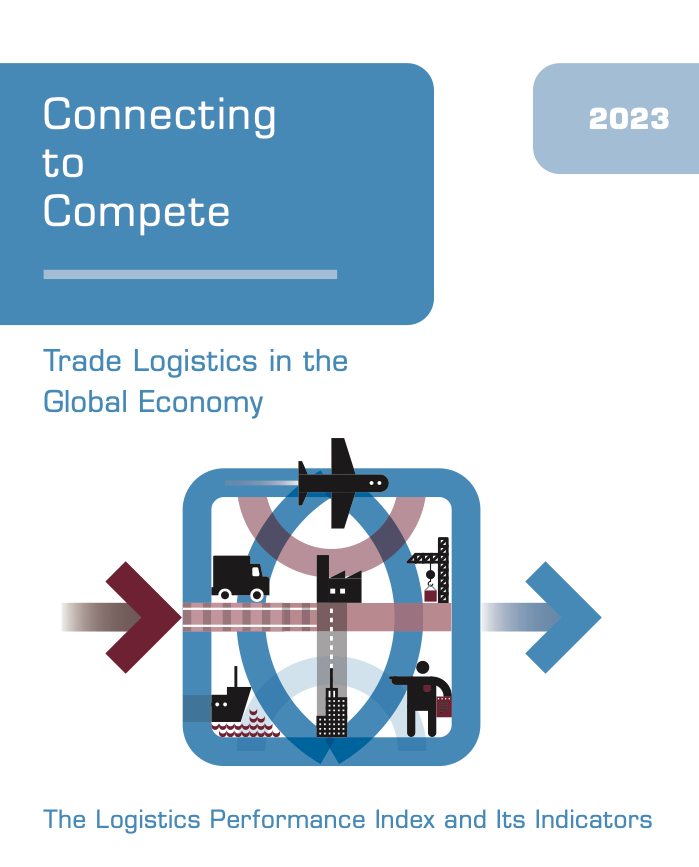London, UK: Brexit is behind the dramatic fall in the UK’s competitiveness in logistics – plummeting from an average of sixth place to 19th – according to the World Bank’s 2023 Logistics Performance Index report.
The UK had an average placement of 6th between 2012 and 2018 – in the years before Brexit.
This drop in ranking from 2018 to 2023 is associated with Brexit-related changes that contributed to a decline in on-time shipments and efficient customs processes, as well as challenges in tracking shipments, says the report.
Logistics UK cites the dramatic drop in ranking in its annual Logistics Report 2023 which assesses the trends and key events that shaped the logistics sector over the past year. Chief executive David Wells says the drop in the UK’s ranking suggests “further action is needed by government”.
“There is more government can do by supporting innovative and integrated infrastructure, addressing congestion hotspots and, for the longer term, planning to deliver a productive, strategic and green national logistics network.
“The industry is also calling for a fair transition to a green economy. Long term plans are needed to unlock private sector investment alongside more immediate support with the higher costs associated with operating zero tailpipe emission vehicles and using low carbon fuels. Skills partnerships are needed to support a thriving logistics sector and to boost aspiration and resilience in communities across the UK

“The sector wants to see trade supported to drive the country’s innovation and productivity with simple borders and regulations that create as little friction as possible, together with improved international connectivity.”
Respondents to the Logistics UK Industry Survey represent businesses operating 47,821 HGVs, 84,180 vans and 51,637 trailers.
Key findings from respondents:
- The greatest deterioration in business performance was due to high fuel prices
- Respondents to the survey reported issues with the recruitment of skilled staff
- Respondents reported a decline in the clarity of trading arrangements with the EU
- Top suggestions for government included freezing or reducing fuel duty, improving and investing in infrastructure, and supporting alternative fuels
- 51.1% of respondents are planning on investing more in alternative fuels this year, than last year
- Overall business performance was perceived to have improved by January 2023 with 34.2% of survey respondents having better economic expectations for 2023 compared to 2022, and 42.6% predicting no change.







